
A Winning Formula.
Daily dietary support for mood, memory and longevity
Aquilegy encapsulates decades of nutritional brain science to bring you a smarter formula.
By humans. For humans.
Strange, right? We made Aquilegy because we realized other brain supplements choose ingredients based on animal and petri-dish studies.
With Aquilegy, we carefully selected ingredients shown in human research to have well-established associations with memory and mood support. We think a dietary brain formula should be safe and made to work.
- No "proprietary blends"
- No artificial preservatives
- No artificial colors
- Decaffeinated
- Non-GMO
- Gluten free
- Proudly Made in the USA
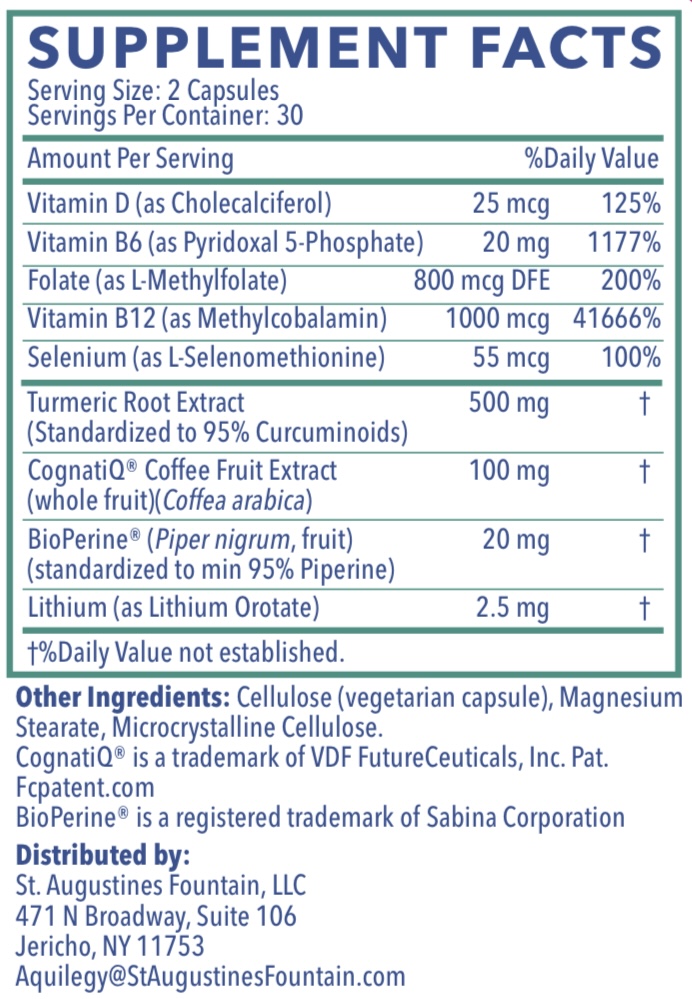
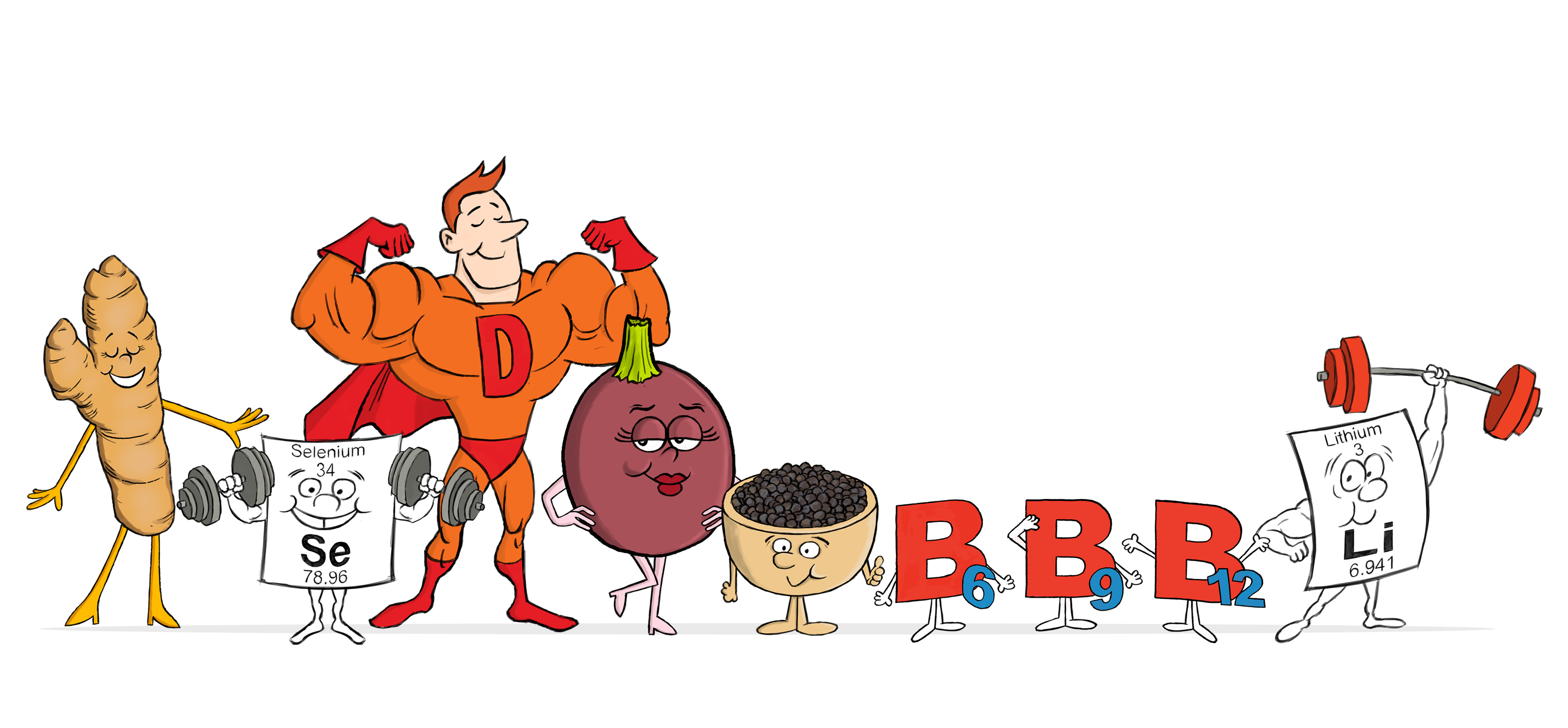
Discover the science behind your better brain routine. Find each ingredient below, select ‘For Mood’ and ‘For Memory’ to learn more.

Vitamin D
Vitamin D has a significant influence on brain health and performance. Over 40% of the US population is vitamin D deficient, and studies have shown that low vitamin D levels are associated with low energy and mood, decreased cognitive performance, and memory loss.

Coffee Fruit
Coffee fruit has been shown to significantly boost BDNF. BDNF is a special kind of protein that promotes the survival, function, and development of brain cells. It is known to support neural plasticity and has been shown in research to be associated with better mood and memory outcomes. Aquilegy uses patented CognatiQ coffee fruit extract, which is decaffeinated and the same branded extract used in studies supporting coffee fruit’s effects on BDNF.
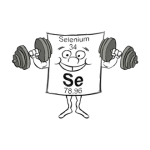
Selenium
Selenium plays a vital role in supporting a healthy brain and mood. Selenium has been shown to significantly boost the production of glutathione, which is believed to be one of the most potent antioxidants in our body. Higher selenium intake has also been linked to higher cognitive function. Aquilegy uses the most active form of selenium to ensure peak absorption.

Vitamins B6, B9 and B12
Vitamins B6, B9 (folic acid), and B12 are essential for a healthy brain and mood. They boost the production of neurotransmitters and are responsible for keeping our homocysteine levels within normal limits. Peak absorption is significant when it comes to B vitamins, which is why, unlike most supplements, Aquilegy only uses active form B vitamins.
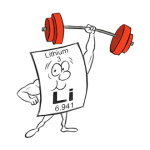
Lithium
Lithium is a mineral found in nuts, seeds, beans, vegetables, whole grains, and even drinking water. Through diet, the average person consumes around 0.4-3 mg per day, and experts believe many of us could benefit from a little more. Research shows lithium may protect long-term brain health, improve the sense of well-being, relieve brain fog, and also boost BDNF.

Turmeric Curcumin
Turmeric is a spice that contains curcumin. Multiple studies suggest curcumin can boost neurotransmitters and may even support various mood and memory pathways. Curcumin is also believed to enhance the production of DHA. DHA is an essential fatty acid for brain development and protection.
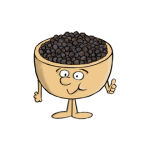
Black Pepper
Black pepper is included to enhance the absorption of curcumin. Black pepper has also been shown to improve the absorption of vitamin B6 and selenium. Experimental studies suggest black pepper may positively affect the brain and support healthy memory and mood.

